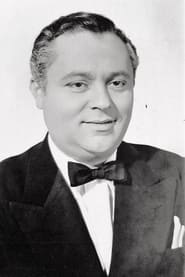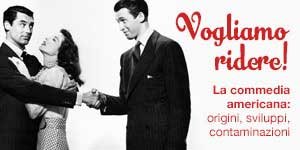J. Edward Bromberg (25-12-1903, Temesvár, Austria-Hungary [now Timisoara, Timis, Romania])

From Wikipedia, the free encyclopedia Joseph Edward Bromberg (born Josef Bromberger, December 25, 1903 – December 6, 1951) was a Romanian-born American character actor in motion picture and stage productions dating mostly from the 1930s and 1940s. By virtue of his physique, the short, somewhat rotund actor was destined to play secondary roles. Bromberg made his stage debut at the Greenwich Village Playhouse and in 1926 made his first appearance in a Broadway play, Princess Turandot. The following year, Bromberg married Goldie Doberman, with whom he had three children. Occasionally credited as J.E. Bromberg' and Joseph Bromberg, he performed secondary roles in 35 Broadway productions and 53 motion pictures until 1951. For two decades, Bromberg was highly regarded in the New York theatrical world and was a founding member of the Civic Repertory Theatre (1928–1930) and of the Group Theatre (1931–1940). Bromberg made his screen debut in 1936 under contract to Twentieth Century-Fox. The versatile actor played a wide variety of roles ranging from a ruthless New York newspaper editor (in Charlie Chan on Broadway) to a despotic Arabian sheik (in Mr. Moto Takes a Chance). Although he spoke with no trace of an accent, he was often called upon to play humble immigrants of various nationalities. When Warner Oland, the actor who played Charlie Chan, died in 1938, Fox considered Bromberg as a suitable replacement, but the role ultimately went to Sidney Toler. Fox began loaning Bromberg to other studios in 1939 and finally dropped him from the roster in 1941. He kept working for various producers, including a stint at Universal Pictures in the mid-1940s. Bromberg's most outstanding attribute was his facility with sensitive character roles; he could take a standard, undistinguished supporting part and make it unforgettably sympathetic. In Hollywood Cavalcade he portrays Don Ameche's friend who knows he will never get the girl; in Three Sons he is the lowly business associate who longs to be given a partnership; in Easy to Look At he is the once-great couturier now reduced to night watchman. In September 1950, the anti-communist magazine Red Channels accused Bromberg of being a member of the American Communist Party. Subpoenaed to testify before the House Committee on Un-American Activities in June 1951, Bromberg refused to answer any questions in accordance with his Fifth Amendment rights.
- 7.7/10 3 voti
- 6.0/10 1 voti
- 7.3/10 3 voti
- 7.0/10 1 voti
- 5.8/10 4 voti
- 4.5/10 2 voti
- 6.0/10 1 voti
- 7.7/10 10 voti
- 7.3/10 3 voti
- 7.0/10 2 voti
- 8.0/10 2 voti
- 4.0/10 1 voti
- 6.0/10 2 voti
- 10.0/10 1 voti
- 6.5/10 4 voti
 Drammatici
Drammatici  Commedie Top
Commedie Top  Tutti gli Oscar
Tutti gli Oscar  Film italiani
Film italiani  Serie TV Drama
Serie TV Drama  Serie TV Comedy
Serie TV Comedy  Le origini del cinema
Le origini del cinema  Spaghetti Western
Spaghetti Western  Cinema & Resistenza
Cinema & Resistenza  NOMINATION OSCAR 2024
NOMINATION OSCAR 2024  Film stasera in TV
Film stasera in TV Film oggi in TV
Film oggi in TV Film oggi in TV
Film oggi in TV Film oggi in TV
Film oggi in TV










